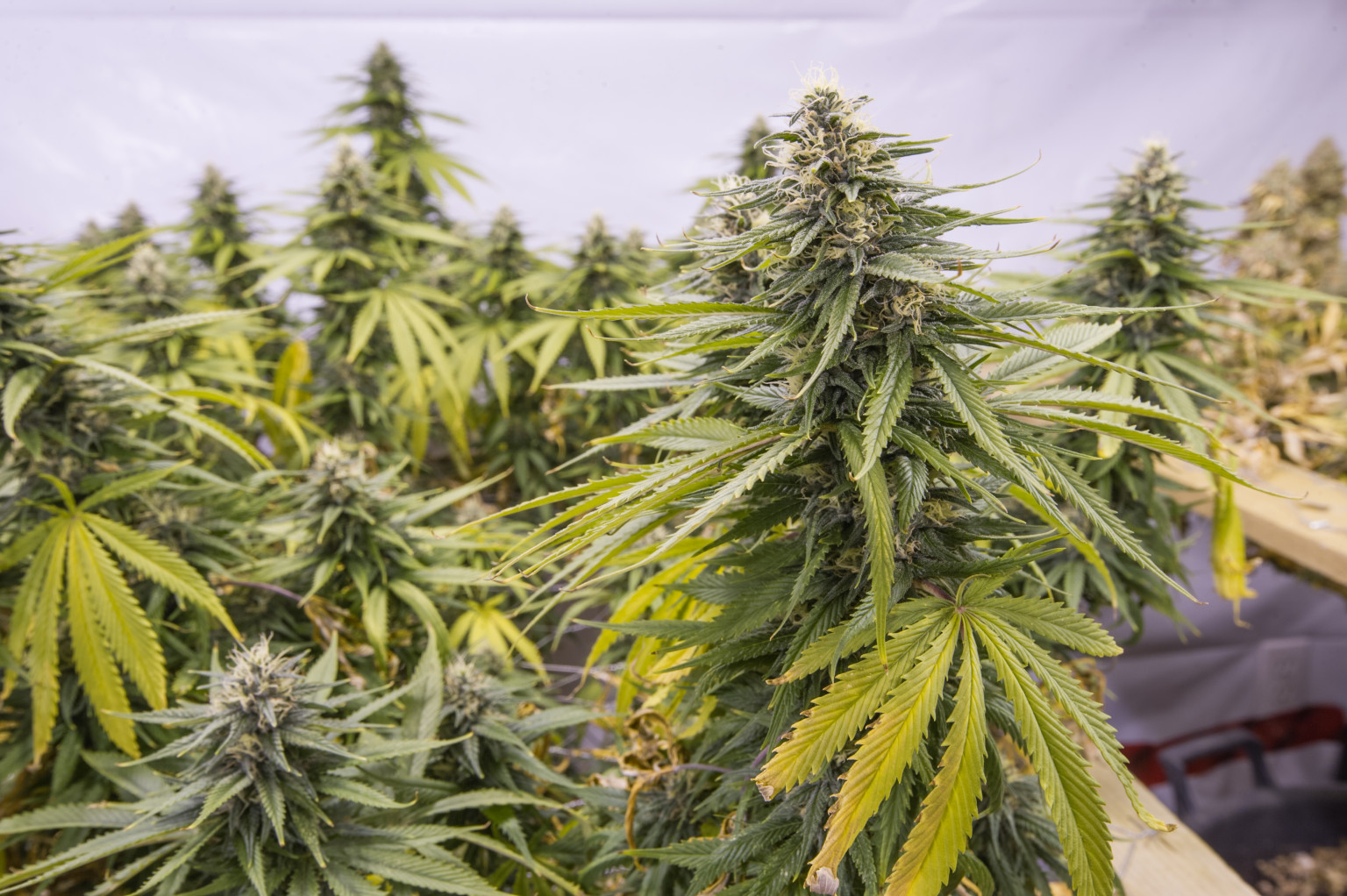Don’t reverse progress: Criminalizing cannabis could backfire
01/12/2018 / By Zoey Sky

A cannabis researcher has weighed in on Attorney General Jeff Sessions’ decision to “rescind Obama-era directives that eased federal enforcement of state-legalized recreational marijuana.”
Hans Breiter, a professor at Northwestern University, warns that instead of reversing cannabis legalization approved by voters, the focus must be on research that can further our understanding of cannabis.
Breiter, who is recognized nationwide as a cannabis researcher, has expressed his amazement at the limited data at hand concerning cannabis and other potentially addictive compounds such as alcohol or cocaine. He shares that he and his colleagues are looking into the “negative effects of cannabis on young adults,” which emphasizes the need for additional funding for research about cannabis.
However, Breiter, who is also a professor of psychiatry and behavioral sciences at the Feinberg School of Medicine, a psychiatrist at Northwestern Medicine, and director of the Warren Wright Adolescent Center for psychiatric illness in young adults, is disappointed that the United States is instead facing the “wholesale reversal of voter-approved decriminalization and legalization of cannabis.” (Related: Cannabis – Best Weapon Against the Brain Aging Process)
Breiter concluded, “I would like to remind AG Sessions that to date there is much more consistency in the scientific literature of findings about the detrimental effects of alcohol, which is legal within a strong regulatory framework. We need to focus on science, so I would like to remind AG Sessions of Elisha [a prophet in the Hebrew Bible]: ‘O Lord, please open his eyes that he may see.'”
Could the marijuana enforcement change backfire?
Earlier this week, GA Sessions “made it easier for federal marijuana laws to be enforced in states that had legalized its use.” But according to a legal expert at Washington University in St. Louis, this move could backfire.
Peter Joy, the Henry Hitchcock Professor of Law and director of the School of Law’s Criminal Justice Clinic, comments that even most voters in swing states like Ohio, Pennsylvania, and Florida now support the legalization of medical marijuana. The aforementioned states now permit the use and sale of medical marijuana.
Joy, who is is well-versed in legal ethics concerning marijuana law, cautions that once the Department of Justice decides to put marijuana sales in its sights, there could be a “strong backlash” in these swing states.
He adds that there is no sign that U.S. attorneys will be informing federal authorities “to enforce simple possession or sales of marijuana legal within the 29 states and District of Columbia that permit medical marijuana or have decriminalized recreational use by adults.”
There’s even the possibility that the new policy might not influence things that are currently in effect that much. In fact, the only difference between the marijuana enforcement change and the policy that it’s replacing is that individual U.S. attorneys are being instructed to exercise caution when it comes to the enforcement of all federal marijuana laws.
U.S. attorneys were previously advised that they must adhere to prior federal instructions to prioritize enforcement on sales to individuals under legal age; revenue to illicit industries, gangs, and cartels; transporting marijuana to states where marijuana use is illegal; use of marijuana as a front for other illegal activity; use of violence or firearms; driving under the influence of drugs and other negative public health consequences; growing marijuana on public properties; and possession or use of marijuana on federal property.
You can read more articles about the benefits of cannabis and research about medical marijuana at MedicalMarijuanaUpdate.com.
Sources include:
Tagged Under: cannabis, Cannabis Legalization, Department of Justice, DOJ, drug abuse, drugs, health freedom, Herbs, Jeff Sessions, marijuana, marijuana enforcement, medical marijuana, Medicine, natural medicine, natural remedies, Pot, state-legalized recreational marijuana


















